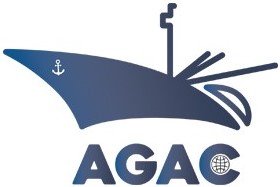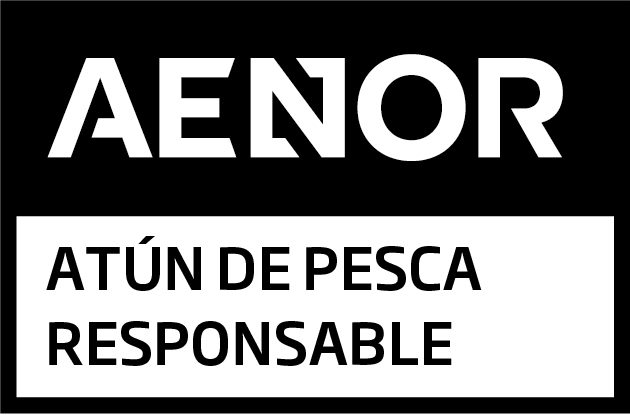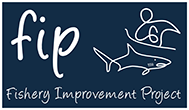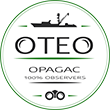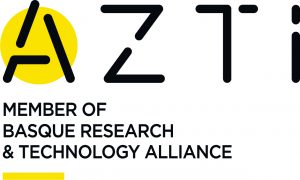OPAGAC cooperates with
- ISSF
- Environmental Justice Foundation
- European Union
- CIHEAM - Universidad de Alicante
- Spanish Oceanography Institute
- AZTI
- SFA - ICS - IDC
- Conservation International
The International Sustainability Seafood Foundation (ISSF)
In 2009, dedicated scientists, industry leaders and environmental associations created ISSF as a framework for taking initiatives based on science, for long-term conservation of the resource, the sustainable use of tuna stocks and reduced bycatch.
OPAGAC and ISSF signed a Memorandum of Understanding on March 7, 2011 to establish a framework between the two organizations to carry out activities that promote sustainability in tuna fishing and a healthy ecosystem for tuna populations.
OPAGAC’s partners collaborate with ISSF in conducting research campaigns and have even promoted policies that ISSF subsequently adopted as its own.
OPAGAC actively participates as a member of the Fleet Committee for ISSF.

Environmental Justice Foundation (EJF)
Because illegal, unreported and unregulated (IUU) fishing is one of the greatest threats to the sustainable exploitation of resources, OPAGAC signed in May 2014 a Memorandum of Understanding with the Spanish General Secretariat of Fisheries and EJF to cooperate on the documentation of all fishing activities in West Africa
The purpose of this “Memorandum” is to enable fishing vessels with Participatory Monitoring capacity to document IUU fishing activities in accordance with Regulation 1005/2008 of the Council.
The first coordination meeting took place on 25 November 2014.

OPAGAC is registered in the Transparency Register of the EU, under “Lobbying within companies and commercial, business or professional associations.”
The objective of the Registry is to provide information about groups and organisations with which the European Parliament and the Commission maintain contacts for future decision-making.
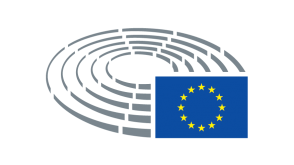
CIHEAM – Universidad de Alicante
In 2016 the University of Alicante and OPAGAC signed a cooperation agreement to carry out research projects under OPAGAC’s Fishery Improvement Project. These projects will involve staff of the University, other scientific institutions and personnel from OPAGAC.
The University of Alicante developed a Masters in Sustainable Fisheries Management in conjunction with the International Centre for Advanced Mediterranean Agronomic Studies (CIHEAM) – Mediterranean Agronomic Institute of Zaragoza (IAMZ), the Ministry of Agriculture, Food and Environment (MAGRAMA) through the General Secretariat of Fisheries (GSP). The Master also has the support of the Department of Fisheries and Aquaculture of the United Nations Organization for Food and Agriculture (FAO).
The agreement between AGAC and the University of Alicante will facilitate its master students’ participation in research tasks.

Spanish Oceanography Institute
OPAGAC has always worked with the IEO (Spanish Oceanography Institute) scientists to provide all the necessary information for assessing the tuna stocks we fish: capture data, specific composition, capture sizes, tags recovery, etc.
In October 2011, a specific agreement was signed between the IEO and OPAGAC to cover observers on board the fleet.
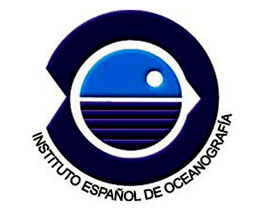
The Basque institute AZTI has been a regular contributor to OPAGAC/AGAC activities since its inception, and works in close cooperation with the IEO to improve our knowledge of tropical tunas that is the basis of the activity of our fleet.
In addition to projects TUNA-BAI and CECOFAD AZTI currently carries out the verification of Best Practices, through on board observers. AZTI is responsible for collecting information from observers that cover 100% of the OPAGAC/AGAC fleet and checks through their reports to ensure that the fleet meets these standards.
OPAGAC has started a project, FAD WATCH, in the Seychelles archipelago, to control the FADs (Fish Aggregating Devices) which are used for fishing. The aim is to prevent them from being run aground on coral reefs or beaches on these islands.
The FAD Watch project is implemented through a series of logistics activities aimed at the removal and cleaning of these devices, suitable storage until they are definitively collected and the subsequent recycling tasks. The project also includes the creation of databases and reports that enable the type of FADs used and their environmental impact to be assessed, as well as the design and development of other with the lowest possible environmental impact. As well as the logistical support for collecting these devices, OPAGAC will train the personnel involved and will monitor, using a real-time alert system, the position of the drifting FADs in the strategically important areas marked by ICS. The organisation will provide the necessary information -coordinates, trajectory and estimated arrival time – when a FAD penetrates the last five nautical miles before reaching a reef or beach. The OPAGAC will also collaborate in the development of intercept and anchoring collection systems for these devices in surface waters, to facilitate their definitive removal.
For more information on FAD-Watch click here.
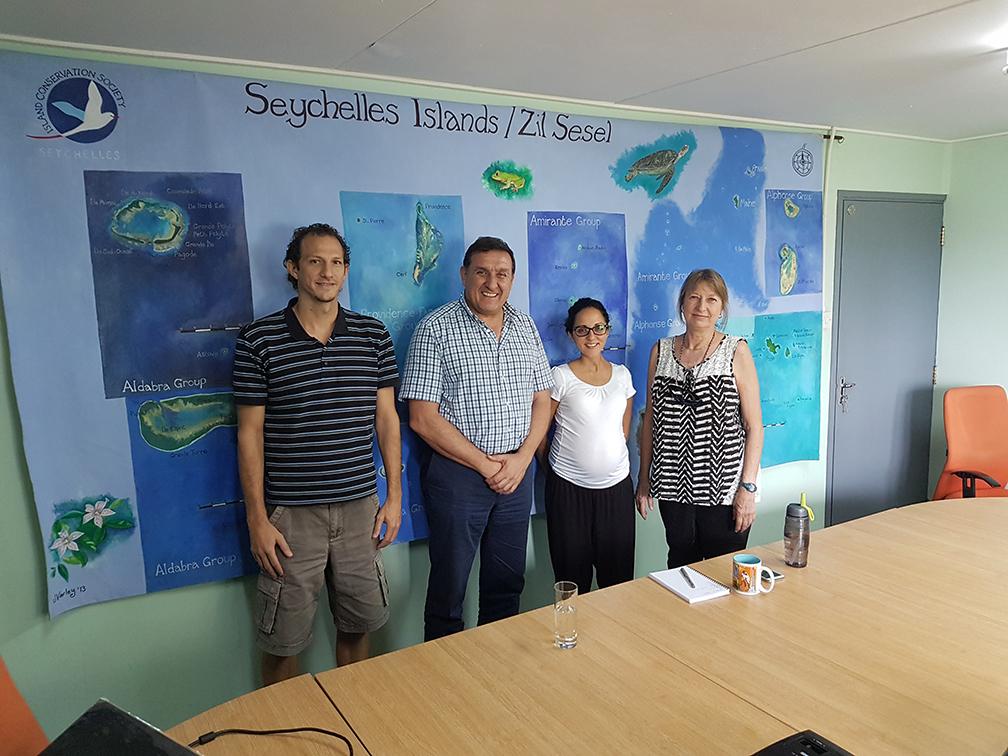
OPAGAC/AGAC and CI aim to establish a collaboration that leverages the strengths of each organization to improve environmental, social and economic sustainability and human well-being in global fisheries and aquaculture. Therefore, this collaboration will focus on the implementation of direct actions to achieve two shared objectives:
- Drive the social improvement of world fisheries through the use, implementation and evaluation of Fisheries Improvement Projects (FIPs) and related market incentive tools;
- Integrate the Monterey Framework for Social Responsibility standard into FIP environmental assessments to achieve sustainability of fish supply and human well-being

